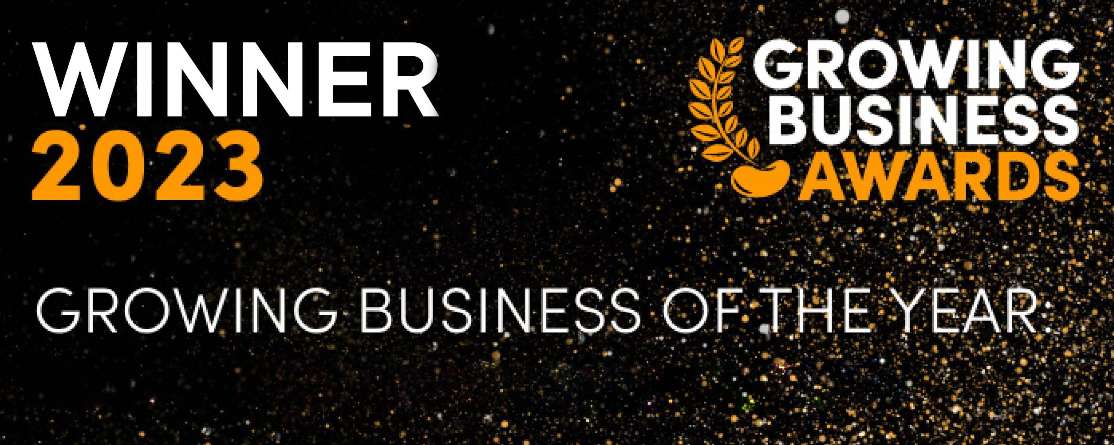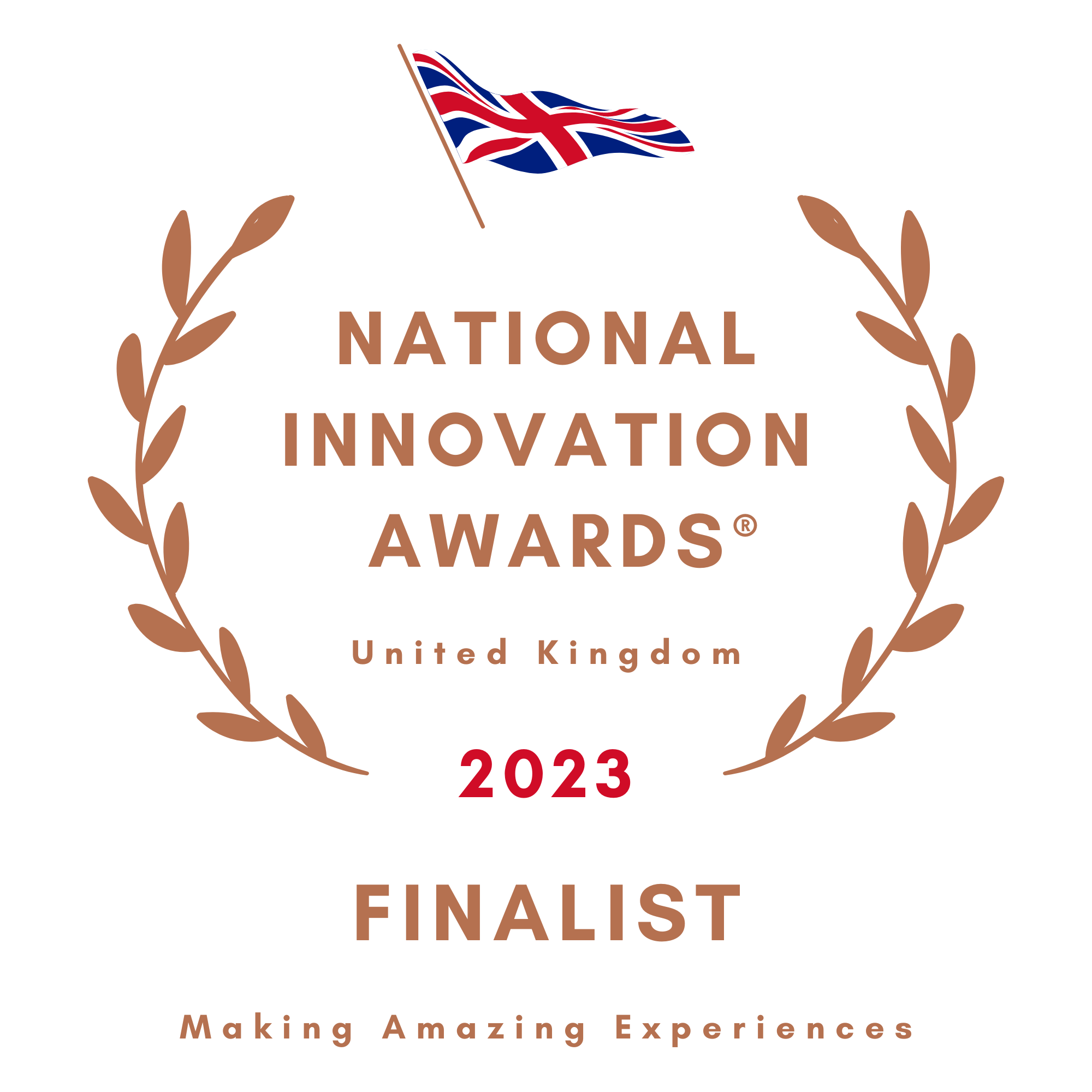Dragonfly AI is a predictive analytics platform designed to help you improve the quality and effectiveness of your creative across any format, channel and market.
The Truth about AI
How will AI shape creativity?
Alistair Ross, Creative Partner, at LogicLogicMagic, shares why speed is not always better...
.png?width=306&height=348&name=image%20129%201%20(14).png)
Alistair Ross
Historically, creativity has taken time. AI promises to save time. So, it’s logical to assume that primarily AI will shape creativity by making the process of researching, conceptualising, and visualising creative ideas faster. Prose, poetry, pictures and even potentially film at the touch of a button.
But is faster, creatively better? Or is suffering for your art a misguided thing of the past? Ask Chat GPT a question and within seconds, there’s your answer. But is it a truthful, ethically balanced, well-researched answer? Speed creates reassurance and scepticism in equal measure. As research assistants go, Chat CPT has quickly replaced Google. Humans love short cuts, and AI promises them by the bucketload. ‘Right now,’ matters more to many than being right. That’s a problem when expediency trumps excellence. Equally, a blank sheet of paper is often the most paralysing sight for a creative. AI quickly fills that void with content that can be challenged, disregarded, or built upon.
So, like all tools it comes down to how skilfully and judiciously AI is used. Visually, applications such as Midjourney, DALL E2, DreamStudio and Firefly are shaping creativity by turning verbal prompts into imagery. In theory your imagination is now the limit. Does anybody need to learn to draw anymore? Has AI made art more accessible? In reality, there’s a new skillset of prompting commands to steer how AI creates, evolves, and refines the imagery. You get some happy accidents. AI is great at visual mashups. It saves a lot of quick conceptual retouching time. But it also raises huge questions of visual copyright. If the AI is prompted to imitate an existing artist’s style, is that stealing or flattery? Flattery doesn’t pay the bills unfortunately.
We are culturally living in the Age of Average. AI’s need to reference what has already been written and created will only exacerbate that. Whether AI can help us shape a more creative future will come down to whether humans use the time AI saves us, to push the notion of what can be imagined, rather than simply settle for fast-paced, self-referential mediocrity.


